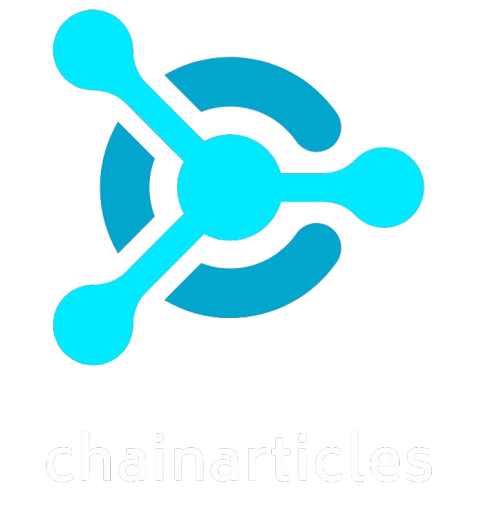
Disclosure: The views and opinions expressed here belong solely to the author and do not represent the views and opinions of crypto.news’ editorial.
The digital ecosystem has long been dominated by legacy platforms like TikTok, YouTube, Facebook, and Instagram. But as these platforms wield increasing power over user content, data, and monetization, consumers are beginning to push back. A turning point came with the TikTok shutdown, which, whether temporary or strategic, sent a chilling reminder of the precariousness of centralized platforms. The message was clear: users, creators, and brands alike want more than innovation—they demand ownership, transparency, and equity.
The TikTok shutdown illuminated a harsh truth: user-generated content on these platforms is never fully “owned” by its creators. The control lies with the platforms themselves, exposing creators to political whims and corporate priorities. Trust has eroded as users recognize the imbalance of power and question whether these platforms truly serve their interests. Frustrations around algorithmic bias, opaque data practices, unfair monetization, and bot-driven engagement have only deepened the divide between legacy platforms and their users.
Yet amid this disillusionment, a new approach to social media is emerging—one centered on user empowerment, transparency, and ethical innovation. Platforms designed with these values in mind directly address the systemic issues that have plagued traditional platforms and provide users with the tools to take control of their digital presence.
Addressing user frustrations
One of the primary grievances against legacy platforms is algorithmic bias, which skews content visibility and leaves creators at the mercy of opaque systems. A merit-based content visibility model offers a solution, ensuring that quality, not platform preference, determines reach. This approach fosters genuine connections and promotes fairness across its user base.
Data privacy is another major concern. Users are increasingly skeptical of how their data is collected, shared, and monetized. Platforms that take a transparent approach, implementing clear data privacy policies and offering users control over their information, build trust and safeguard their communities from exploitation.
Monetization fairness is perhaps the most significant pain point for creators. Legacy platforms often take substantial cuts of creators’ earnings, leaving them with limited financial rewards for their efforts. Innovative tools like creator-owned tokens and engagement-based rewards represent a paradigm shift, empowering creators to earn equitably based on their content’s performance, fan interactions, and authentic engagement. This model not only empowers creators but also sets a new standard for fairness in the digital economy.
To restore trust, platforms must embrace decentralization. Decentralized tools ensure users maintain control over their content, data, and monetization. This approach reduces the risk of centralized control and creates an ecosystem where users and creators thrive collaboratively. By removing intermediaries and empowering users directly, decentralized platforms foster a sense of ownership that has been absent in traditional systems.
Rebuilding trust through ethics and equity
Success in this new era of social media lies not just in technological innovation but in building an ethical foundation. Transparent practices, user-centric policies, and a commitment to fairness create environments where trust can flourish. As the digital landscape evolves, this ethical approach will become a benchmark for platforms seeking to maintain user loyalty and engagement.
The creator economy is at a crossroads. Users are no longer willing to accept the status quo; they are demanding change. Platforms that listen, adapt, and prioritize their communities will lead the charge into a new era of social media. By centering on values like transparency, equity, and user empowerment, these platforms are proving that innovation coupled with ethics is the key to redefining trust and ownership in the digital age.
As the world looks toward the future of social media, the question is no longer about what platforms can offer but how they can empower. A vision of a collaborative creator economy is a blueprint for what’s possible when users truly own their digital presence.





